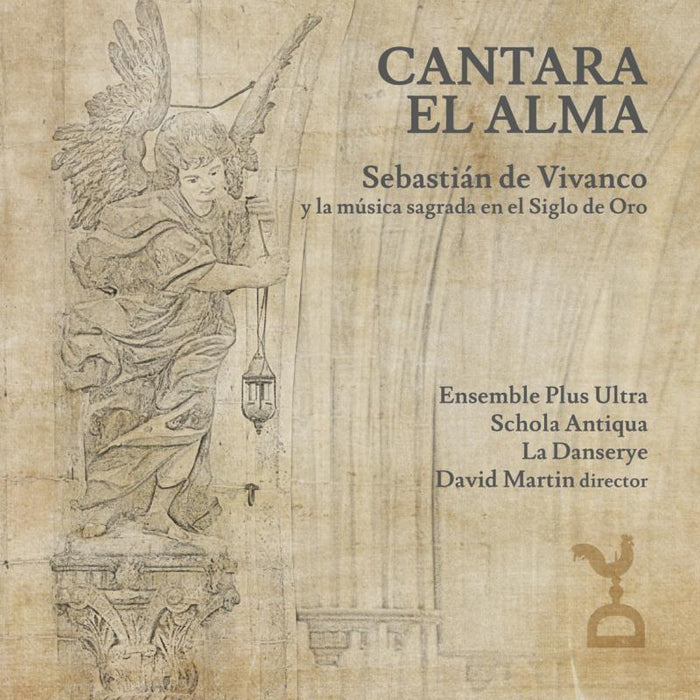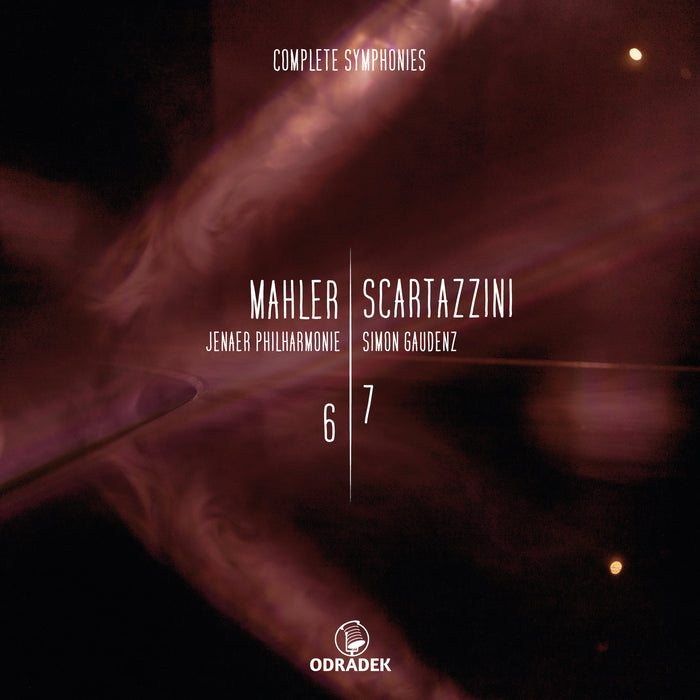Description
Praised in Gramophone magazine for his "vividly individual" release of Liszt's Années de pèlerinage in which he "strikes just the right balance between devotion and poetry", legendary pianist Michele Campanella returns to Odradek in the company of Monica Leone with a double album of four-hands piano by Schubert.
Schubert's music for piano four-hands is a relatively rarely explored area of his catalogue, yet it yields great riches. The Variations on an Original Theme D. 813 of 1824 are ambitious in scope yet with characteristically elegant melodies and an irresistible dancing quality. The four Polonaises D. 599 and the Deutscher und Ländler D. 618 are small musical ideas full of bonhomie, created to entertain carefree listeners and performers, while with the Fantasia D. 9 (1811), included alongside the celebrated Fantasia D. 940, we can hear where Schubert's creative parabola began and measure the enormous distance separating the composition of 1811 from that of 1828. The Fugue in E minor D. 952, originally intended for the organ and later reworked for piano four-hands, also dates from 1828. The Op. 40 Grandes Marches, meanwhile, call for the artists to perform on two pianos.
The Fantasia in F minor D940 is a piece that has won widespread public acclaim for Schubert's extraordinary ability to communicate emotions from the very first bars, right up to its tragic conclusion, where the same musical motif brings to a close a human story steeped in pain and nostalgia. Yet these artists emphasise the contrasts in the work as well, drawing out its magnificent scope. As Campanella writes in the album notes: "We are convinced that the Fantasia is one of the seminal works of 1828 when, in the last year of his life, Schubert reached the highest heights of music."
Michele Campanella and Monica Leone have been performing together for many years, in repertoire ranging from Bach to Bartók. The extensive anthology of four-hand music by Schubert is among their most performed pieces.
















